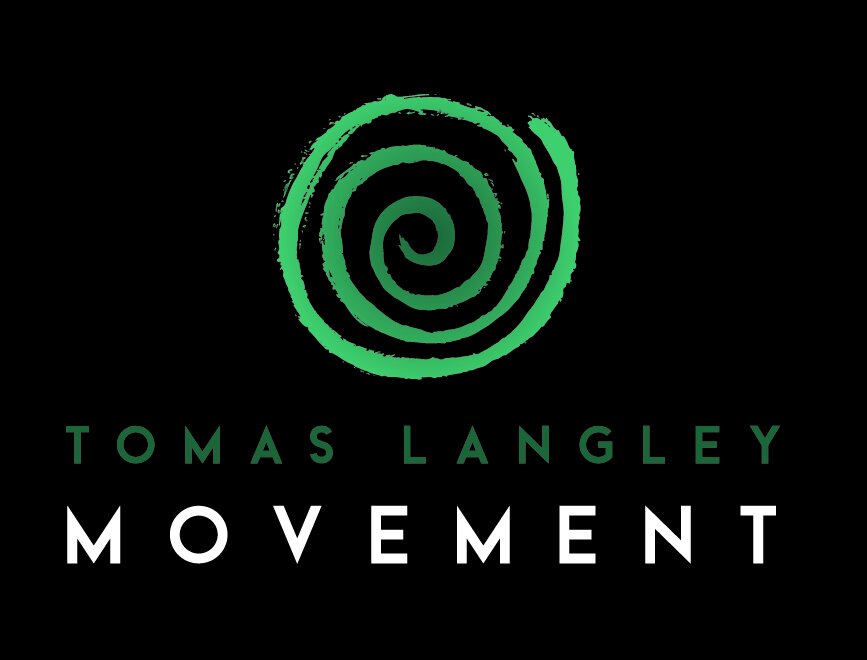I definitely wasn't feeling like this guy...
A few days ago I had a really hard day in my movement training.
I started my movement practice as usual, but everything was so fucking hard. I kept coming up to the line where a movement gets challenging (where you normally would push through and get a few more repetitions in) and finding that I had to stop. It felt like my body was giving up on me.
But I suspected that wasn’t really what was going on. I pay special attention to my self talk these days. And it was particularly loud on that day. And incredibly negative. Hmmmm….
The ‘voice’
The loudest ‘voice’ told me that I couldn’t do it. It told me to just stop. “Why bother?” it said. Strange… it wasn’t saying “you’re feeling a bit off today, you should take it easy”, it was saying “You can’t do this. You’re shit! Why are you even trying?”.
This sort of negativity in my self talk is pretty strange for me. It has happened before, but not for a long time. So I knew something was going on. Even though the voice was insisting that it was physical to the point that it felt physical, I knew it probably wasn’t. I hadn’t become weaker or less resilient overnight.
Self talk
The good thing about self talk is that it’s just talk. It’s not you. You don’t have to do what it says. But you should listen to it - that way you can learn something about yourself.
So what did I learn from that negative shit of a voice that day? How did I deal with it? First, I considered other information at hand. For example, I knew what the voice was saying was wrong. I can do these movements - I had done them before! Hell, it was a de-load session, so I wasn’t even working at full capacity!
So if I knew what the voice was saying was wrong, then how can I listen to it?
Somewhere within I found compassion for the voice. It was being negative, but I didn’t have to be. After extending some compassion I heard what it was trying to tell me.
“Take it easy today, things are a little off”.
Best friends again!
Just a few minutes earlier this same voice had been swearing at me. The change in tone was incredible. It was just trying desperately to get my attention for fear that I’d think this was another thing to ‘push through’ as we so often do.
So I took it a little easier that day and my body and mind are best friends again.
Don’t assume malice!
Even when you have a very negative voice, it’s helpful to not assume malice. If you assume the voice is trying to hurt you, your resistance to it may deafen you to its message. What if you’re just scared of the movement? What if it’s lashing out to try to protect you? If that’s true, what could it be telling you that it’s not saying? How can you respond in a positive way to your negative voices?
Work with your body
When you have such an adversarial voice inside, it’s easy to just push against it. It’s swearing at you, so you get angry and swear at it! It’s not saying what you want to hear, you ignore it. You have to get the next set done or get through the next 10 kilometres on your bike. “No pain, no gain” you tell your self.
Pushing through hardship is part of how moving helps us. But it doesn’t mean we should totally ignore anything negative. Going back to my negative shit of a voice from earlier: that was unusual for me. I wasn’t experiencing unusual amounts of pain or hardship, but the voice was unusually negative. So I listened to it.
Ignoring voices like these creates an adversarial relationship with your body. Your body isn’t your enemy. Especially not in movement! You need to stress it out so it can respond, but it’s not your enemy. It’s more like tough love between friends.
Hearing and listening to what your body (and any ‘voices’ it may have) and responding with kindness is the way to go. Start to encourage and cultivate a relationship with your body that is kind and collaborative. Listen to it. You’ll find that it will listen to you when you ask it to do things.
Photos by Joshua Sazon and Fatih Altasov on Unsplash






